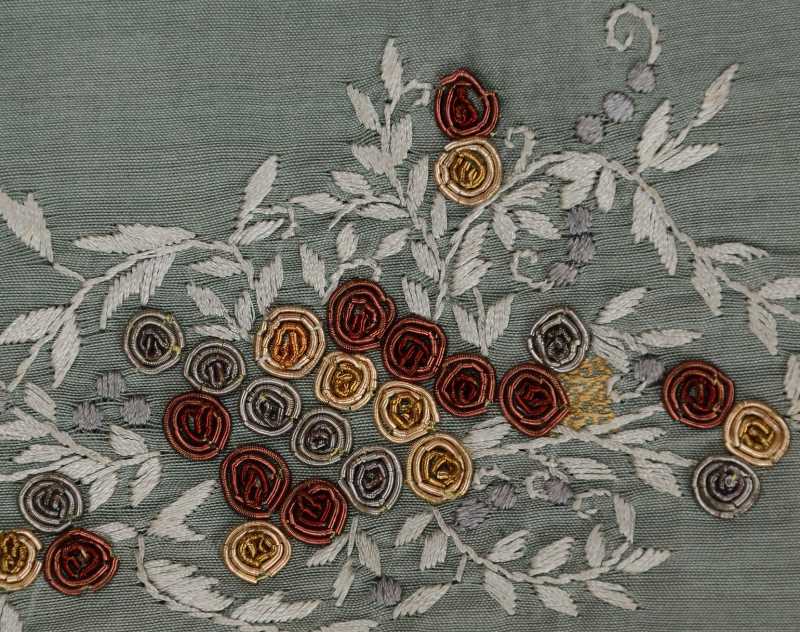===
0203,
5
===

=== |
 |
ḳharābah : 'Ruin, devastation, desolation; a waste, waste land'. (Platts p.488)
ābād : 'Inhabited, populated, peopled; full of buildings and inhabitants, populous; settled (as a colony or town); cultivated; stored; full; occupied; ... —flourishing, prosperous; pleasant; happy'. (Platts p.2)
FWP:
SETS == KYA
MOTIFS
NAMES
TERMS == 'DELICACY OF THOUGHT'; HYPERBOLE; THEMEThe insha'iyah possibilities of the second line work excellently. The tones in which the question can be read are like those of the 'kya effect':
=dismay: 'What is this awful ruin!' (The lack even of dust is evidence of its ghastliness; whatever made the speaker think he could be 'settled/flourishing' here?!)
=pride: 'What a total ruin this is!' (The speaker has found the most desolate ruin imaginable, and it suits his passionate madness so well that he's 'settled/flourishing' here!)
=uncertainty: 'What kind of a ruin is this?' (Surely there aren't very many ruins that actually lack dust? Is it really possible that he is 'settled/flourishing' here?)Thus, as SRF notes, the positive, affirmative sense of ābād honā can work ironically-- or for real. Its enjoyable wordplay with ḳharābah turns out to be, as so often in the ghazal world, meaning-play as well.